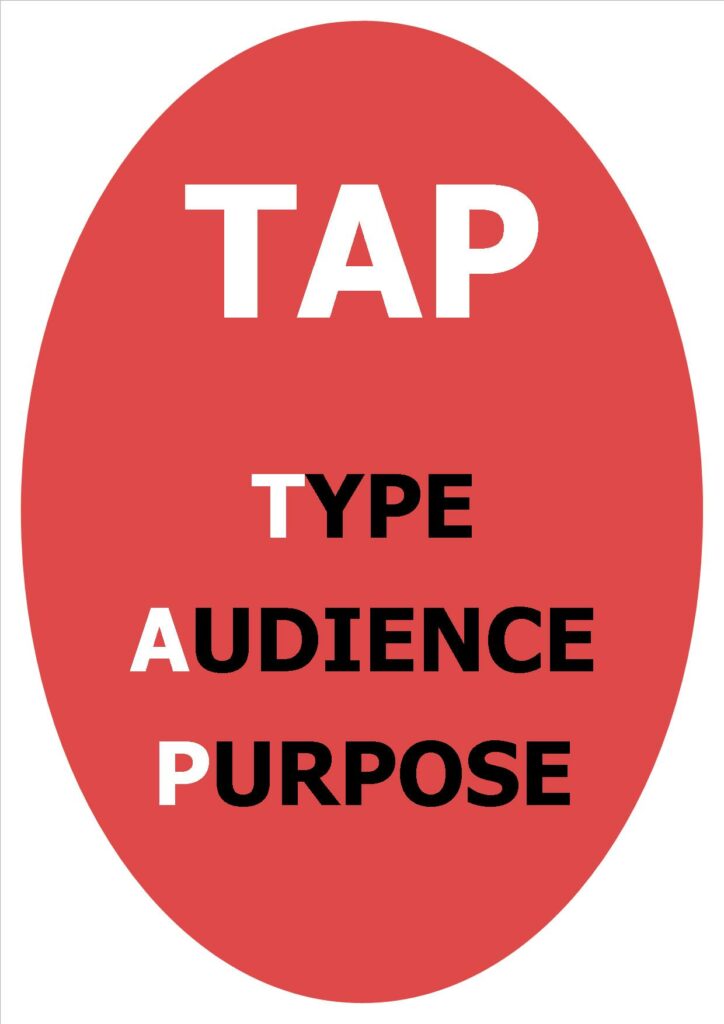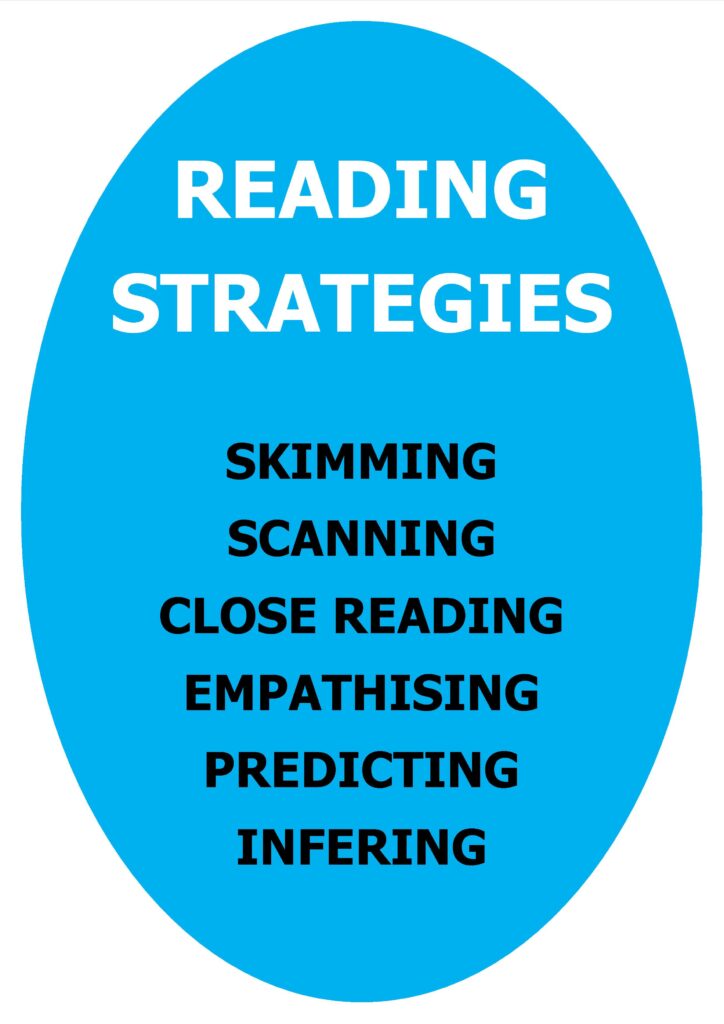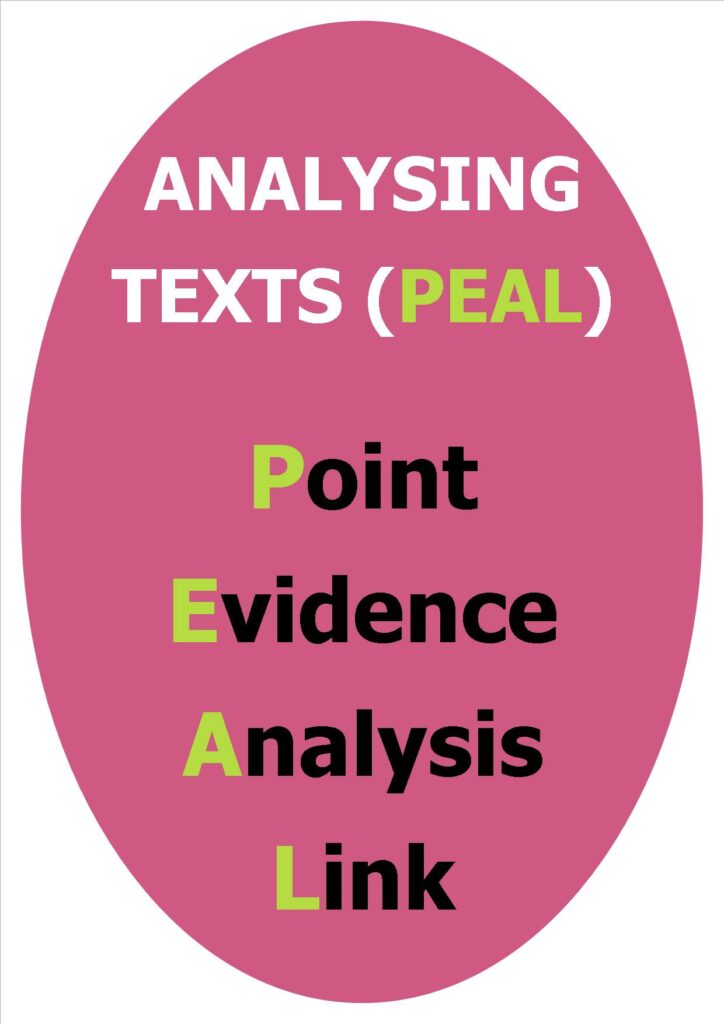
Additional English: Rationale
The Additional English programme is an incentive to raise the attainment and achievement of our pupils through enabling selected students to have extra English lessons. The curriculum is designed to mirror that which the students will be studying in their regular English lessons and zooms in to focus on particular areas of challenge, while simultaneously presenting students with opportunities to engage in a range of diverse learning activities.
Year 7 Curriculum Overview
| Learning focus | Teacher Assessment | |
| HT1 & 2 | Persuasive Writing (In preparation for the demands of the GCSE Language paper 2 section B). Aims and Outcomes:To develop proficiency with vocabulary and crafting of sentences.To build an understand of how techniques can be used in writing for effect.To gain an understanding of different forms of writing, their purposes and audiences.To continue to build on effective and successful use of grammar and punctuation. | ‘Schools need to provide a wider range of opportunities for young people to be able to succeed once they leave.’ [40 marks]Write a letter to your Member of Parliament in which you persuade the MP of your point of view. |
| HT3 | Shakespeare (In line with the GCSE literature paper 1 examination). Aims and Outcomes:To be able to understand and interpret texts.To gain confidence in understanding Shakespearean language.To develop understanding of a range of historical/contextual perspectives.To begin to build skills of inference and analysis. | How has Shakespeare used language to present the theme of _______ in this extract? (34 marks) |
| HT4 | Descriptive Writing (In preparation for the demands of the GCSE Language paper 1 section B).Aims and Outcomes:To be able to use a range of sophisticated vocabulary in writing.To be able to use more complex sentence structures.To implement a number of descriptive devices in writing to create imagery.To use a range of punctuation for effect. | Write a description inspired by the image? (40 marks). |
| HT5 | Effective Speaking (in line with the spoken assessment at GCSE level). Aims and Outcomes:To be able to use facial expressions and body language to help aid meaning.To develop skills of voice projection and effective speaking.To be able to evaluate the effectiveness of performances.To be able to present ideas clearly and effectively in speech. | Select from the following statements. You must prepare and present a 2 – 3-minute presentation, performance or speech in light of the chosen statement:Violent video games are responsible for aggressive crimes.Education puts too much pressure on young people.The rise in technology has led to a generation of lazy and unimaginative teenagers. |
Year 8 Curriculum Overview
| Learning focus | Teacher Assessment | |
| HT1 | Shakespeare (In line with the GCSE literature paper 1 examination). Aims and Outcomes:To be able to understand and interpret texts.To gain confidence in understanding Shakespearean language.To develop understanding of a range of historical/contextual perspectives. To begin to build skills of inference and analysis. | How far does Shakespeare present Shylock as sympathetic in the extract? (34 marks) |
| HT2 | Persuasive Writing (In preparation for the demands of the GCSE Language paper 2 section B). Aims and Outcomes:To develop proficiency with vocabulary and crafting of sentences.To build an understand of how techniques can be used in writing for effect.To gain an understanding of different forms of writing, their purposes and audiences. To continue to build on effective and successful use of grammar and punctuation. | ‘People with power do not use it well. It is dangerous to give anyone too much power’.Write a speech persuading the audience of your perspective. (40 marks) |
| HT3 | Interpreting Texts (In preparation for sections A of both GCSE language papers). Aims and Outcomes:To continue to develop skills of inference and analysis.To build an exposure and understanding of a range of texts.To be able to comment on the effects of writer’s methods.To be able to present multiple interpretations of texts. | Evaluate how the writer uses language to create tension in this extract. (20 marks) |
| HT4 | Writing to inform and advise Aims and OutcomesTo develop skills of discursive writing.To use an increasingly sophisticated range of vocabulary in writing.To be able to structure arguments for effect.To be able to understand and comment on a range of diverse perspectives. | Write a charity leaflet informing the reader about one of the following topics: The destruction of the Amazon.Syrian Refugee Crisis.Knife Crime in London. |
| HT5 | Poetry – Comparative Writing Aims and Outcomes:To be able to make clear comparative comments.To develop an understanding and inference of poetic devices.To be able to present more detailed analysis of writer’s language.To begin to be able to discuss the use of poetic form and structure for effect. | Compare the ways both writers present ___________ (30 marks) |
| HT6 | Descriptive Writing (In preparation for the demands of the GCSE Language paper 1 section B).Aims and Outcomes:To be able to use a range of sophisticated vocabulary in writing.To be able to use more complex sentence structures.To implement a number of descriptive devices in writing to create imagery.To use a range of punctuation for effect. | Write a description suggested by the image. (40 marks) |
Our focus for the Autumn term is: Writing across the Curriculum.
Across all subject areas staff will be working on developing strategies and skills of academic writing in addition to providing students with an array of opportunities in creative and discursive writing.
What will we be doing?
- The Stepney Student Press Club (open to Key Stages 4 and 5).
- Opportunities to meet with professionals such as Journalists.
- Scaffolding and modelling of academic writing standards.
- National Poetry Day events and competitions.
How can you support your son’s Writing?
- Encourage your son to practice his academic writing regularly at home in the form of essay and exam practice.
- Promote creative writing outlets such as story writing and journaling.
- Read and review your son’s written work.
Benefits of Writing for pleasure:
- self-efficacy.
- agency.
- volition.
- motivation.
- self-regulation.
- enjoyment.
- writer-identity.
- satisfaction in writing.
Our focus for the Spring term is: Reading across the Curriculum.
Teachers in all subject areas will be addressing the reading needs of our students in order to help them improve their comprehension and to encourage their passion for reading.
What will we be doing?
- Be a DEAR (drop everything and read) during two PM registrations (20 minutes).
- Teach/learn reading strategies explicitly in lessons.
- Encourage a positive attitude towards reading.
- Celebration of national events such as World Book Day (exciting workshops and quizzes will be held in the library).
- The 20 for 2020 reading competitions which all staff and students will be welcome to participate in.
How can you support your son’s reading?
- Encourage your son to read regularly and fill his reading log in planner.
- Assist him in book choices – visit the library or your local ideas store.
- Inspire your son by sharing your favourite piece of reading with him: a quote, a poem or an extract from a book.
Why do we want our students to read?
- To encourage reading for pleasure.
- To be able to read fluently and expressively.
- To be able to summarise what has been read.
- To read with understanding/inference.
- To increase the range of texts read.
Benefits of reading for pleasure
A growing number of studies show that promoting reading can have a major impact on children and adults and their future.
- Reading attainment and writing ability.
- Text comprehension and grammar.
- Breadth of vocabulary.
- Positive reading attitudes.
- Greater self-confidence as a reader.
- Pleasure in reading in later life.
- General knowledge.
- A better understanding of other cultures.
- Community participation.
- A greater insight into human nature and decision-making.
Our focus for the Summer term is: Speaking and Listening across the Curriculum.
In all subjects across the curriculum staff will be working to facilitate and develop effective talk through promoting key oracy strategies in addition to extracurricular opportunities.
What will we be doing?
- Jack Petchey Stand up and Speak Out Competition.
- Opportunities for Paired and Group talk in lessons.
- Talk for Writing.
- Stepney Speak Out Workshops.
- Debate Club.
How can you support your son’s Speaking?
- Encourage debate and discussion in your home – talk about your own interests and passions and encourage your child to do the same.
- Ask open ended questions to encourage talk.
- Promote the use of Standard English when your son is speaking.
Benefits of Speaking and Listening:
- Career advancement.
- Boost confidence.
- Critical thinking.
- Personal development.
- Improve communication skills.
- Make new social connections.
- Personal satisfaction.
- Expand your professional network.
Mrs R Burton





